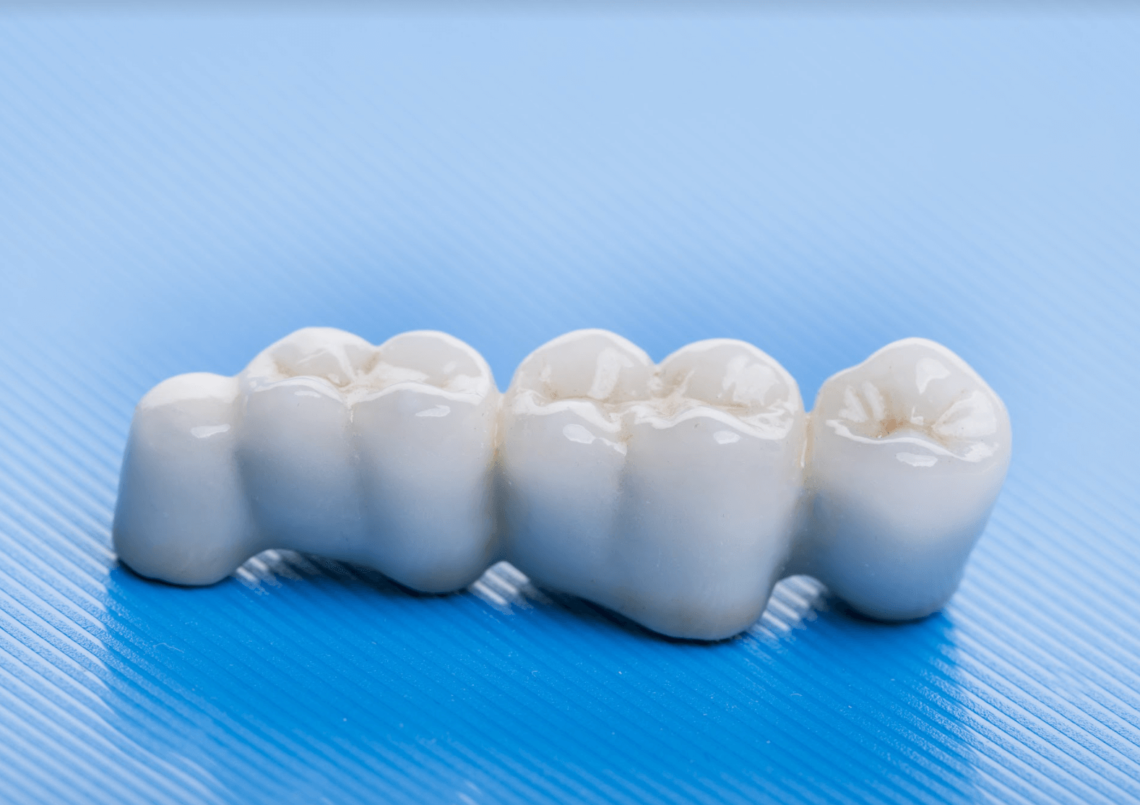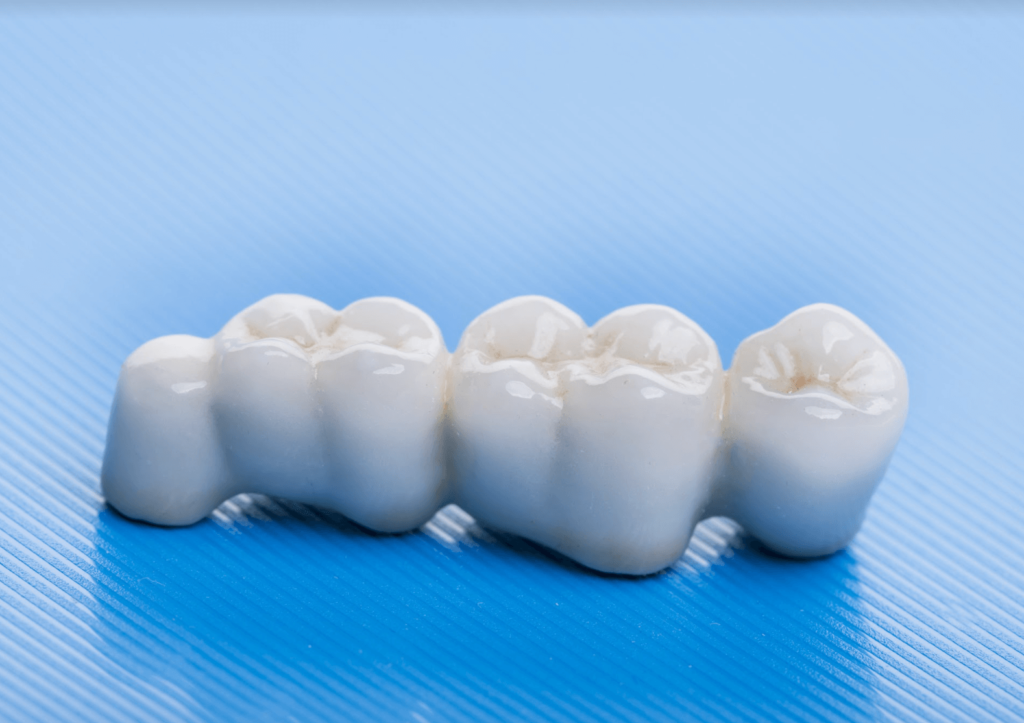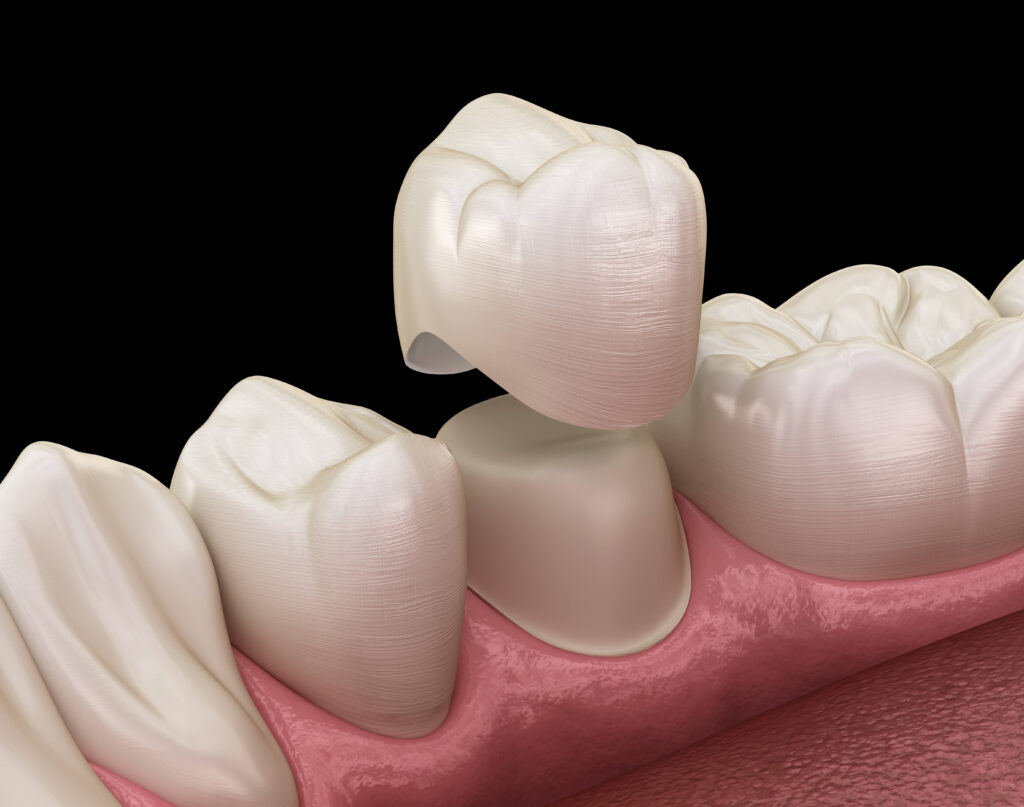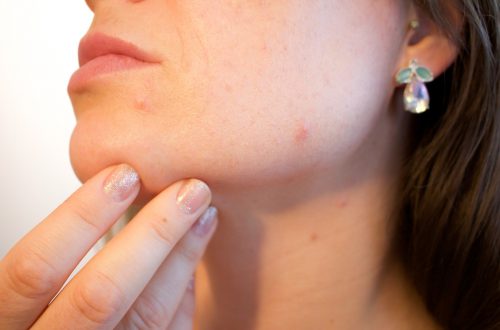
The Ultimate Guide To Dental Crowns
Dental crowns or caps are installed for a variety of reasons. First and foremost, they are used to protect the teeth from decay. In most cases, your dentist will recommend dental crown placement if you have a tooth filling that is larger than your actual tooth or if you had a root canal treatment. Dental caps are also used for cosmetic purposes to eliminate imperfections.
There’s no doubt that dental crowns play an essential role in a person’s overall oral health. Read on to learn more about it in this ultimate guide to dental crowns.

Top Reasons You Need Dental Crowns
Everyone wants to have that gorgeous smile. To achieve that and maintain a good oral health, you need regular checkups with your dentist. A dental crown installation or placement is one of the solutions in your dentist’s arsenal that will preserve your teeth and your smile. Below are some of the top reasons your dentist may recommend a dental crown:
- To protect teeth that have become weak and damaged over time.
- To restore broken teeth and seal off cracks.
- To preserve a tooth’s morphology or shape.
- To cover a tooth that has been repaired with a filling larger than the remaining natural tooth.
- To prevent bacterial growth and infection in teeth that have undergone root canal treatment.
- To act as a protective covering for dental implants.
- To keep dental prosthesis or bridge securely in place.
- To provide a cosmetic solution by correcting alignment and ensuring uniform teeth appearance.
It is also important to emphasize that adults are not the only ones to have dental crowns installed. Children who still have their primary or milk teeth may require dental crowns to save a damaged primary tooth while waiting for the permanent one to grow. Additionally, having dental crowns may help ensure a kid’s tooth is protected from tooth decay, primarily since most kids may have a hard time when it comes to following proper oral hygiene.
Types of Materials Used In Dental Crowns
While enamel is the natural covering of a tooth, different types of dental crowns are made from different non-enamel materials. Here are the main types used:
- All-resin: These dental crowns made from resin are the least expensive. But on the downside, they can be easily damaged and may wear down over a short period.
- Porcelain fused to metal (PFM): Also known as porcelain bonded to metal crowns, they are mainly used for front and back teeth where most of the pressure from chewing occurs. As their name suggests, PFM caps are made from layers of porcelain that are bonded or fused with precious metal which acts as the base. They are more durable than all-resin caps, and the majority of dental crown use this material.
- Gold: This type of crown may have declined in popularity over the years but is still notable for its durability Gold is typically used for teeth in the rear area of the mouth, but some patients want to have them right in front to have that alluring smile.
- All-ceramic: These crowns are used primarily for cosmetic or aesthetic purposes and placed in areas that are exposed when you smile or talk.
- Stainless steel: This material is mainly used for kids to protect the primary tooth before a permanent one grows. Stainless caps require minimal visits to the dentist and are more cost-effective than the other materials.
The Right Dental Crown For You
Choosing the correct type of dental crown depends on costs, durability, and purpose. But always remember to ultimately consider your personal needs and comfort when selecting from numerous options.

Proper Care For Dental Crowns
It’s crucial to note that dental crowns are not meant to be permanent. They can wear down anywhere from five to 20 years. That said, you need to take good care of your crown to ensure that it will serve you for years. Here are some top tips on caring for your dental crown:
- Minimize or avoid chewing on the side of your mouth where your dental crown is located.
- Flossing is believed to be part of good oral hygiene. But if you have a dental crown, you might want to consider using a sliding motion when cleaning with dental floss. Avoid the up-and-down motion when flossing to prevent the risk of pulling out the crown.
- Whenever you can, avoid eating hard foods as they may break your crown.
- Always remember to treat your dental crown like your natural teeth. Proper oral care will help ensure that your teeth and dental crown will remain strong and bacteria-free.
Conclusion
Dental crowns are essentially a covering that protects damaged teeth. There are many types of materials used for this purpose. Ultimately, getting the right dental crown depends on your needs and comfort. Visit your dentist to know what kind of dental crown fits you.




